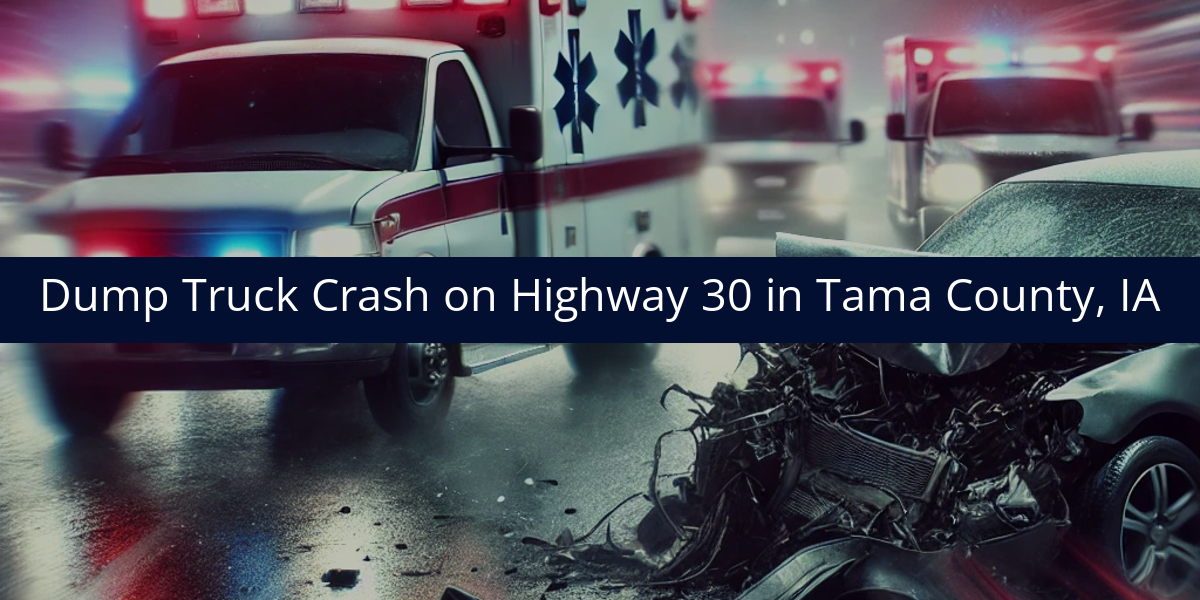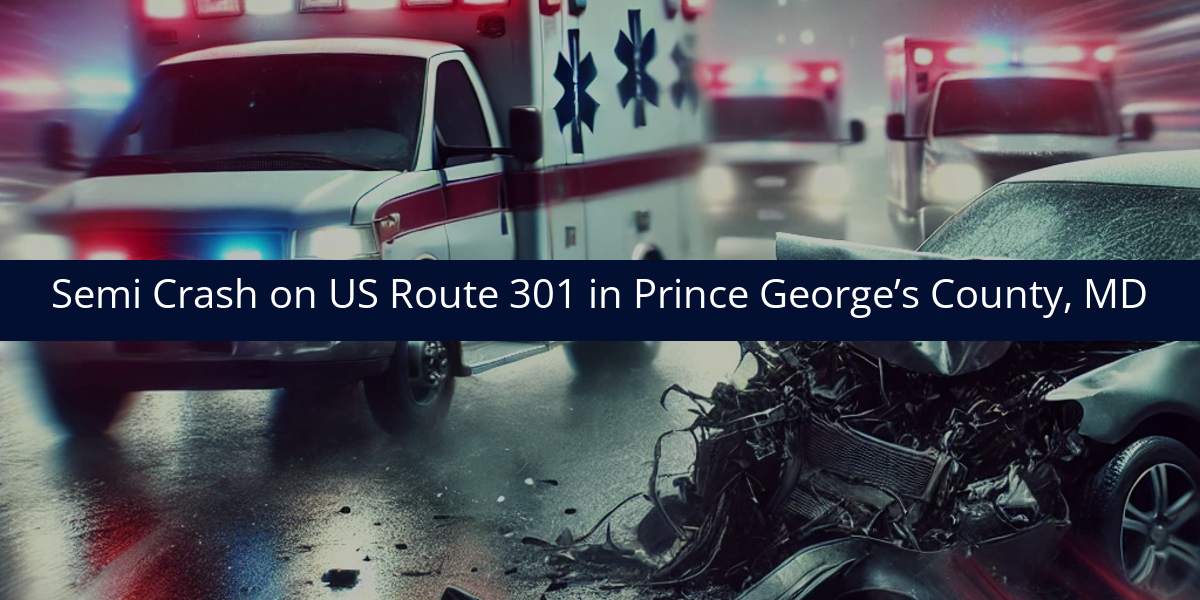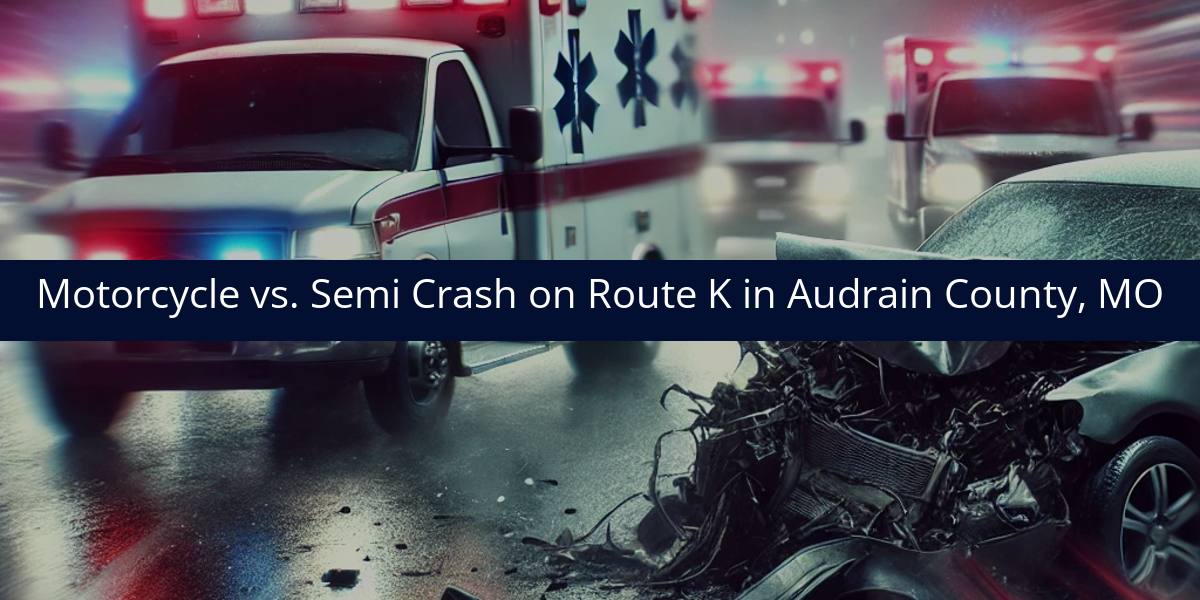When Are Railroads Responsible for Train Accidents at Private Rail Crossings?
Liability for train accidents on private rail crossings: When we think of railroad crossings, we usually think of intersections between a road or a highway (maintained by the city, state or federal government) and the train tracks. These crossings are usually marked with signs, lights, bells and many times employ crossing arms to block traffic....
Who Is Liable for Train Accidents at Railroad Crossings
Liability for Train Accidents at Railroad Crossings Every year many people are injured or killed in accidents involving trains or railroad cars. While, derailments, track switching issues, and brake failures can be the cause of some train accidents, many accidents occur at railroad crossings with every day motorists and pedestrians. When there is an accident...
Who Is Responsible for Train-on-Automobile Accidents?
Is a Railroad Liable When a Train Hits a Car? When a train and a car collide, the damage to the car and its occupants is usually catastrophic. Most people assume that just because a car was on the railroad tracks, it is the driver of the car who is responsible for the accident. While...
Are Railroads Liable for Train-on-Pedestrian Accidents?
Liability for Accidents Between a Train and a Pedestrian Every day in Texas pedestrians walk across or near railroad tracks. Many times people do this for recreational purposes, or as a short cut to get from one location to another. Quite often train tracks bisect different neighborhoods and people have no choice but to walk...
When Are Railroads Liable for Accidents Caused by a Train Failing to Warn With Its Horn?
If a train doesn't sound its horn before an accident is the railroad liable? Railroad accidents can strike suddenly and with terrifying force and destruction. Thus, trains are equipped with horns that can be heard for miles around in an effort to avoid accidents by warning bystanders of the train's presence. Sadly, accidents, injuries, and...
Train Derailments
Who is liable under Texas law for a train derailment? Train travel has been slowly expanding in America with new light rail routes being proposed seemingly every few weeks. Although train travel is much safer than driving your car or motorcycle on the public roadway, when a derailment occurs it usually results in multiple deaths...
What Are Class III Railroads?
Have You Been Injured in an Accident with a Train Owned by a Class III Railroad in Texas? Railroads are an important part of our transportation industry in the United States. They carry freight and other goods quickly and efficiently across the country. The railroads themselves are categorized in different classes based primarily on the...
How Does the Federal Tort Claims Act Affect Train Accident Cases?
Are government-owned railroads protected by sovereign immunity? Sometimes when there has been an accident involving a railroad operator the plaintiff may seek compensation for their injury under the Federal Tort Claims Act (FTCA). The Federal Tort Claims Act may apply when the owner/operator of the railroad that caused your injuries is owned or operated by...
How Does the Texas Tort Claims Act Affect Train Accident Cases?
How to Bring an Injury Claim or Lawsuit Against Government-Owned Trains or Railways in Texas Everyone knows that an accident with a train can have devastating results. What most people do not realize is that the cause of action against a railroad company (and the procedure for recovering compensation) can vary dramatically if the railroad...
What Is Operation Lifesaver?
Operation Lifesaver: An Initiative Created to Help Reduce Train Accidents and Spread Awareness of the Dangers Associated With Railroads Operation Lifesaver is an initiative that began in 1972 to lessen the likelihood of railroad crossing accidents. In 1977 Texas Operation Lifesaver became a part of the national organization. in this article we'll look at the...
What Are the Most Common Train Accident Scenarios?
What Are the Most Common Train Accident Scenarios? Regardless of how a train accident occurs, one thing you can be sure of is that the railroad company is going to fight accepting liability. While many assume that when they are injured, the party who injured them will step up to the plate and offer to...
What Do I Need to Know About Rail Yards and Track Layouts?
Our attorneys break down rail yards and railroad track layouts. Rail yards help with the storage, repair, classification, loading and unloading of rail cars. Railroad yards can vary from a simple rail yard that has a few tracks and can store a couple of rail cars, to massive rail yards that can service dozens of...
What Are the Different Classes of Railroads?
What's the difference between a Class I, Class II, and Class III railroad company? In the United States there are more than 560 freight railroads that operate nationwide. These railroads are classified into three groups; Class I, Class II and Class III railroads. In this article we'll explore who governs these railroads, and what criteria...
What Are Class I Railroads?
Have you been injured in a train accident with a Class I train company in Texas? The railroad industry in the United States is a vital part of our transportation industry. The railroad carriers and the thousands of miles of railroad tracks that crisscross our country are regulated by the Department Of Transportation's Office of...
What Are Class II Railroads?
Accidents Involving Trains Operated by Class II Railroads in Texas In the railroad industry the different types of railroad companies are designated by classes. The classes are Class I, Class II, and Class III. The class determinations are decided by the Surface Transportation Board, and is based primarily on the annual operating revenue of the...
Should I File My Train Accident Lawsuit in State or Federal Court?
Should I file my train accident lawsuit in state or federal court? We don't expect everyone to know the implications of filing in state versus federal court. However, knowing the jurisdictional differences does impact your case if you've been injured in a train accident. When you're dealing with injuries, lost wages, and medical bills, let...
What Makes up a Train; How Do They Operate; and Why Are They Dangerous?
What Makes up a Train, How do They Operate, and Why are They Dangerous? With the exception of commuter trains and Joe Biden when he was in the Senate, very few people spend much time around trains these days. As such, the names of the different people who work on trains, as well as the...
How Do Lawsuits Against School Buses Work in Texas?
What does Texas law say about school bus accidents? The September 2015 Houston school bus tragedy, which claimed the lives of 2 students and injured 2 more, plus the bus driver, briefly catapulted the issue of school bus safety into the spotlight. The accident proved a stark reminder that school bus accidents do happen and...
Who Is Liable for Injuries to Children Entering and Exiting Busses in Texas?
Who is liable if a child is injured while entering or exiting a bus? As with most things dealing with the law, the definitive answer is, it depends. Certainly, entering or exiting a bus poses dangers for children. Many have barely mastered walking and are asked to negotiate steps. In addition, often children have to...
How Does Party Bus Liability Work in Texas?
Texas injury law holds party buses accountable in certain circumstances. Party buses are a good idea in the way that they keep drunk people from driving, but many of these buses promote a level of lawlessness that can lead to injuries. The company that owns the party bus is not devoid of responsibility, irrespective of...











